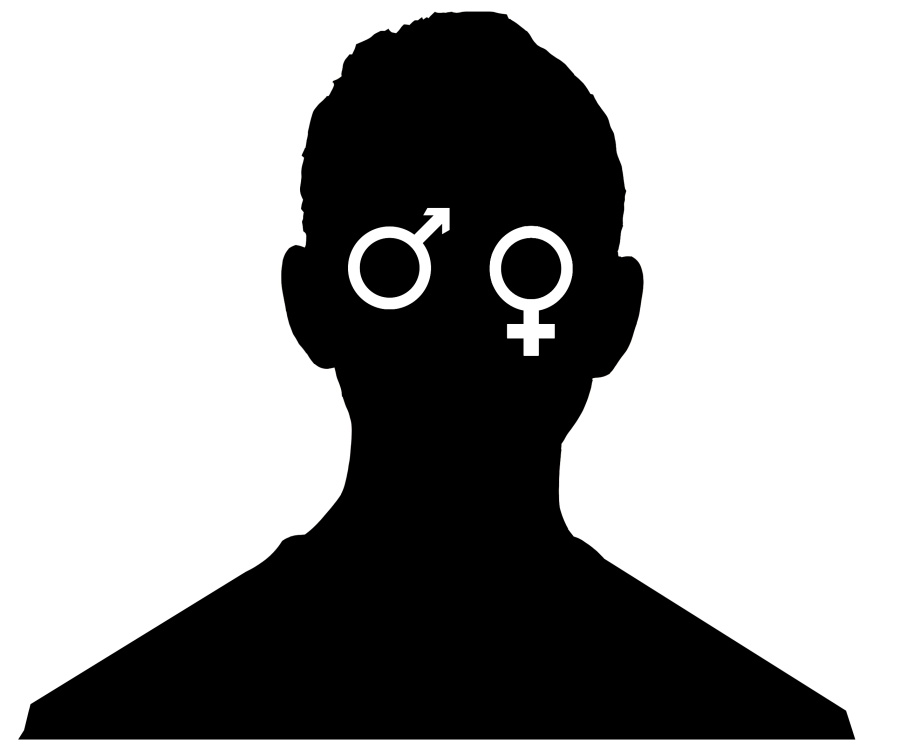Should transgender students be allowed to use the restroom of the gender they identify with?
January 13, 2016
Almost immediately after gay marriage was legalized in all 50 states, subgroups within the LGBTQ community, specifically transgenders, began bringing attention their own equality disputes. Sexual identification and gender is being interpreted in different ways. From a legal/scientific perspective, sex is determined by what set of parts a person has. This is why many establishments have separated restrooms. However, from an individual perspective, someone may desire to identify as the opposite sex, regardless of their naturally given one.
Is it acceptable for a teenage girl (who has yet to undergo a gender reassignment surgery) to use a men’s restroom, simply because she mentally identifies as a boy? No. It’s not a matter of discrimination; It’s not being insensitive. It’s a matter of consistency. However, an adult who has physically changed to the opposite sex should have no problems using their applicable restroom. They’re obviously committed to their decision, whereas an angsty teenager could possibly just be going through a phase. Additionally, what if a male claims to identify as a female, and is allowed to go into a woman’s restroom? This opens the door for sexual or otherwise inappropriate activity. The same would apply to a woman going into the men’s room.
A similar case actually happened recently at Hillsboro High School in MO. A male student claiming to identify as a female (who still hasn’t had the surgery) wanted to use the girl’s locker room. The entire town is divided on the issue, but like it or not, that person isn’t legally a male yet. Until a gender reassignment surgery happens, the law is the law.
Too often, people pull the discrimination card and call something unconstitutional because it doesn’t adhere to their personal beliefs. If our society is to exist with a universal law of equality among its people, then that equality has to be unconditional. Many find themselves trapped in confusion, because, how do we determine who is right? This is the gutter where many issues get lodged, and unfortunately stay for long periods of time.
On the topic of discrimination, transgendered people deserve the same amount of respect as any other human being. As a society, we have moved on from racial segregation in our businesses, school systems, public facilities and politics. So why should sexual orientation/preferences be handled any differently?
It’s rather unfortunate that Nebraska has very few laws protecting transgender citizens. In this state, the trans population is troubled by a low Gender Identity Policy Tally, along with a slightly higher Sexual Orientation Policy Tally. This statistic basically states that employment discrimination against the LGBTQ populace has little to no regulation in Nebraska, literally meaning that companies can get away with it. Towards the future, we can hope for this inequality to change. In recent history however, Nebraska has had a tendency to finish last when it comes to policy reform.
In the age of social networking, trans celebrities have become the face of their people within the media. Telling their stories and offering advice to youth has provided an interesting shift in perspective for audiences all over the nation. With all the praise they are receiving, public figures like Laverne Cox and Caitlin Jenner have paved the way to positively impacting the attention given to transgendered individuals. As this slowly normalizes the public’s view on transgenderism, Americans can expect to see an increase in new laws protecting this group of people.
















Emma • Feb 13, 2016 at 9:40 am
Much like the article written by Alec Rome, this article is transphobic and gross and does not use correct language and terminology. If you are not transgender or you do not have someone close to you who is transgender, why are you even writing about this?
Keniel W.O Huntley • Mar 25, 2017 at 10:17 pm
I am writing an essay for my freshman composition II about whether or not transgender people should be allowed to use the bathroom of the gender they identify with. It’s anot argumentative essay, and I have chosen to support the topic. Since you guys are so knowledgeable about the issue, I would appreciate your assistance.
Ellie Schmeits • Feb 12, 2016 at 10:28 pm
This article is grossly offensive. To suggest that a person’s trans identity is validated only by surgery, or that they’re just angsty teens, is incredibly ignorant. No educated person would say that a gay teenager is just going through a phase– why is it acceptable to say the same about trans individuals? I assure you, author, that a trans teenager has much more information about their own gender than you do, as I assume that you have never identified as trans. To make these sweeping generalizations about an entire population is offensive and unacceptable. In addition, this author misuses the word transgender a total of four times. I suggest that in the future, you research the topics you report on in the spirit of not presenting yourselves as ignorant, insensitive people.